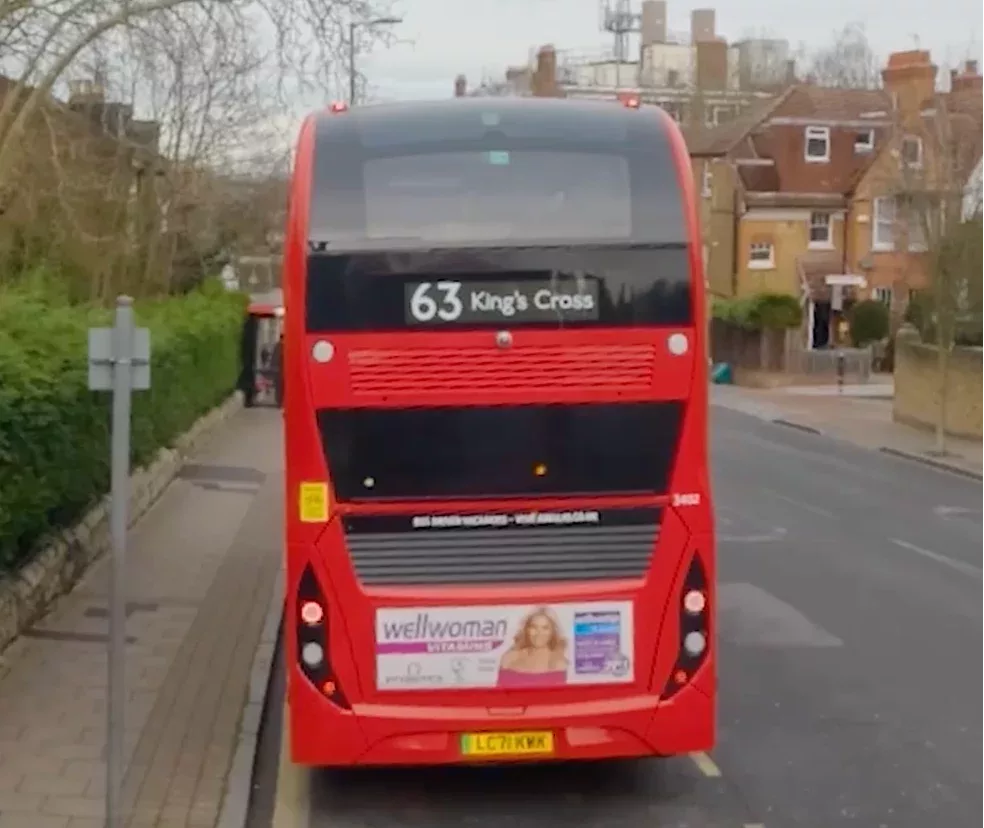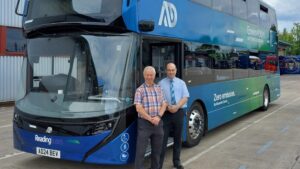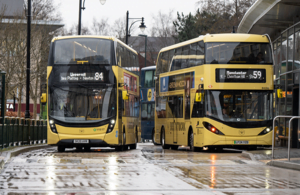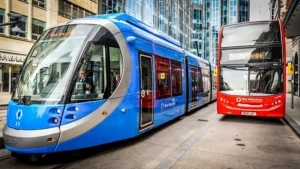New analysis from Campaign for Better Transport has highlighted how the competitive nature of Government funding for local transport is disadvantaging rural local authorities and failing rural communities.
The transport charity found that the Government’s system of asking local transport authorities to compete against each other for funding is consistently producing the same winners and losers. The Government’s most recent funding, intended to transform local bus services, further compounded the problem with the perennial losers missing out yet again.
The analysis is being published on the same day (1 July) as the deadline for transport operators to submit any planned changes to bus services this Autumn as a result of the ending of Covid-related recovery funding on 1 October. Up to a third of services were threatened earlier in the year before the funding was extended.
Silviya Barrett, from Campaign for Better Transport, said: “Our analysis has uncovered a painful truth, that the Government’s policy of asking local authorities to compete for local transport funding is producing the same winners and losers time and again. This shouldn’t be the case. All communities deserve a reliable, regular and affordable bus service. To ensure this happens, the Government must move away from this fragmented and competitive way of funding and replace it with a long-term funding settlement for all transport authorities.”
Campaign for Better Transport analysed allocations of sustainable transport funding from central government for local transport authorities over the last decade, including the Local Sustainable Transport Fund, Transforming Cities Fund, Access Fund, Active Travel Fund, Zero Emission Bus Regional Areas (ZEBRA) scheme and the recent Bus Service Improvement Plan funding (BSIPs) which was intended to transform bus services as part of the National Bus Strategy.
It found that combined mayoral authorities with large, experienced transport teams, and urban unitary or county councils that already have high levels of ambition and a history of investing in sustainable transport are receiving the bulk of Government funding. Whereas more rural unitary and county councils are repeatedly losing out, despite often needing more support to overcome greater barriers to providing a good bus network such as a more dispersed population and a lower return on investment due to lower passenger numbers than more urban areas.
Campaign for Better Transport’s analysis found that:
- The top 12 local authorities awarded the most government funding are all urban authorities
- Of those, eight are mayoral combined authorities
- Only four out of the top 25 councils are considered predominantly rural
- 15 of the bottom 25 local authorities that have historically received the least funding are considered predominantly rural or urban with significant rural areas
- Of the top 25 winning authorities overall, 16 also received BSIP funding compared to only one of the bottom 25.
To address the inherent inequality and lack of funding for buses, Campaign for Better Transport is calling for an end to fragmented and competitive funding, and for money to be reallocated from carbon intensive transport, like road building, into a single funding pot for all local authorities so that all areas can achieve a decent level of provision. It is also calling for a greater proportion of funds allocated to revenue funding to help boost service provision and frequency and to improve affordability for passengers.
Commenting on the research, Graham Vidler, Chief Executive of CPT, said: “Campaign for Better Transport’s research highlights the very different outcomes which local authorities have seen in recent rounds of bidding to transform bus services. Now is the time for Government to commit further, long-term funding to turn the ambition of the national bus strategy into tangible improvements for passengers everywhere.”
Commenting on a report by the Campaign for Better Transport showing that government bus funding missed out large proportions of the UK, Cllr David Renard, Transport spokesperson for the Local Government Association said:
“Buses play a vital role across the country – enabling people to shop, visit friends and family, get to work and access vital services, and for many people is a lifeline as they face the current cost of living crisis. More people travelling on buses also helps with climate change and reducing harmful emissions.
“The recent funding announcements came as a disappointment for many councils, with more than half of the areas that applied for more support receiving no funding and over a third of the country’s population missing out.
“This is a good example of the challenges presented by competitive funding, which can lead to areas with need missing out and uses up vital resources in councils that could be better spent on planning ahead for their communities.





















